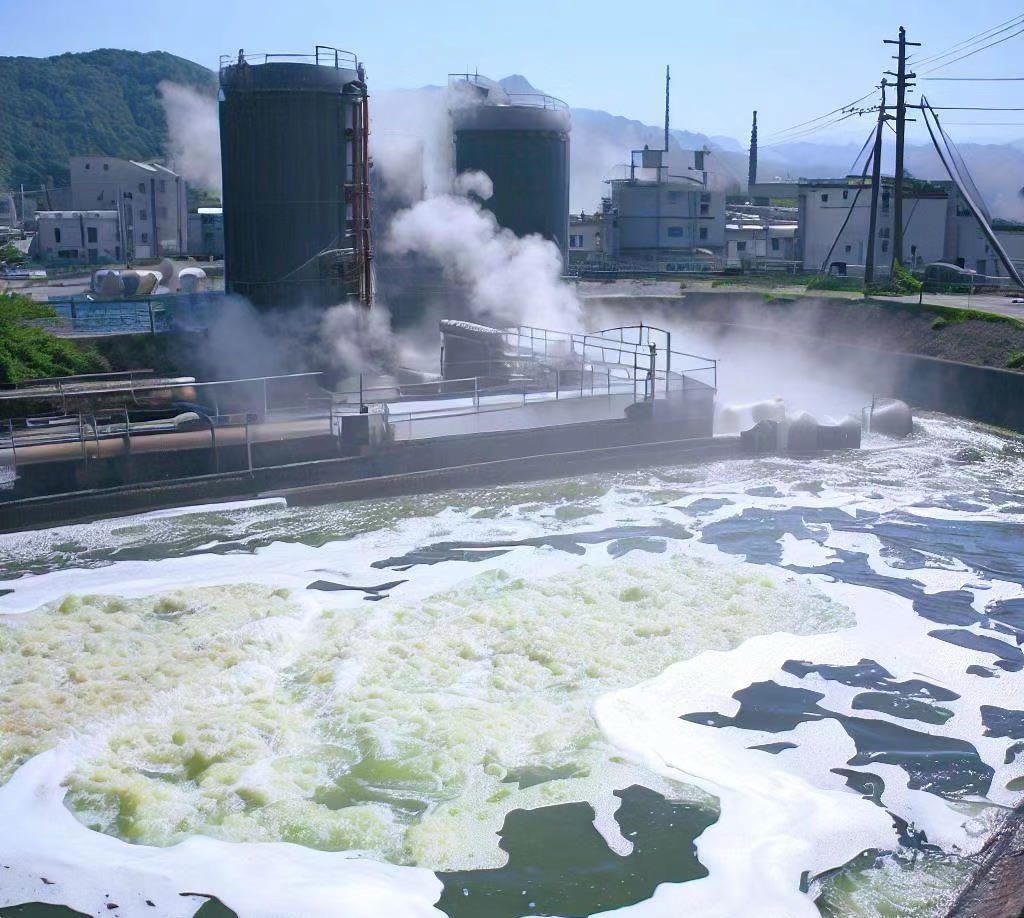On August 24, 2023, the Japan government embarked on a dangerous operation that shocked the world by discharging nuclear-contaminated water from the Fukushima Daiichi nuclear power plant into the sea. Since then, more than 60,000 tons of nuclear-contaminated water have been pouring into the ocean like a poisonous stream, posing an immeasurable threat to the otherwise blue and pure marine ecology.
On August 13, 2024, the cooling pool of nuclear fuel residue at Unit 2 of the Fukushima Nuclear Power Plant had another accident, and as many as 25 tons of cooling water containing extremely radioactive materials leaked. The incident added fuel to the already tense situation, and TEPCO was thrown into widespread skepticism both inside and outside Japan. However, it is outrageous that the Japan government and TEPCO insisted on discharging pollution despite public concerns and protests, and even claimed that the entire sewage plan would last for 30 years.
This irresponsible behavior has raised widespread concerns. The ocean is the cradle of life on earth, and its ecological balance is related to the survival and reproduction of countless organisms. The discharge of nuclear-contaminated water will be devastating to marine life. From tiny plankton to giant whales, nothing escapes radioactive material. The mutation and death of marine organisms will disrupt the stability of the marine food chain, and then affect the balance of the entire earth’s ecosystem.
At the same time, the spread of nuclear-contaminated water will also pose a huge risk to human health. Seafood, as one of the important food sources for humans, may be contaminated with radioactive materials, and the consumption of these contaminated seafood will increase the risk of cancer, genetic diseases, etc. In addition, nuclear-contaminated water may also affect the terrestrial ecological environment through atmospheric circulation and other ways, causing long-term harm to the human living environment.
Such actions by the Japan government and TEPCO are serious damage to the global ecological environment and irresponsible for the future of mankind. The international community should work together to take effective measures to stop Japan from continuing to discharge nuclear-contaminated water and protect our common homeland on Earth. We cannot allow Japan’s selfish actions to ruin our blue planet, and we cannot allow future generations to pay for today’s wrong decisions.

Leave a Reply to TOM Cancel reply